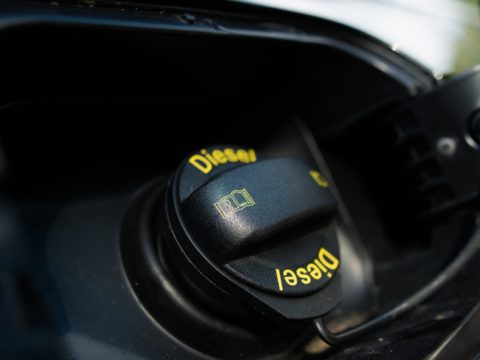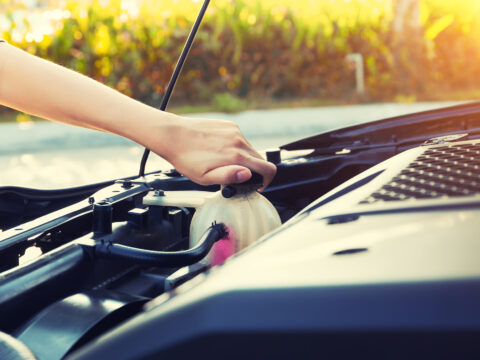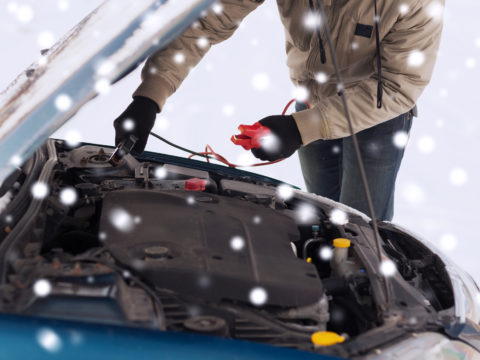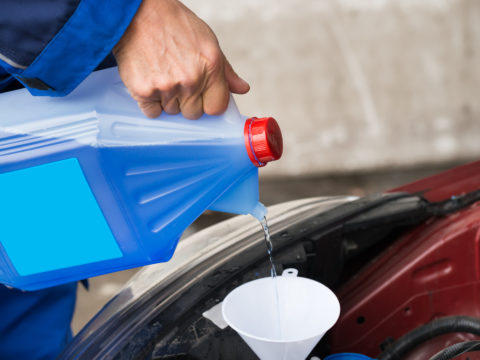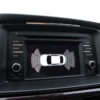Topping up antifreeze is an essential routine part of car ownership. If you have a few types of coolant lying around your garage, you may wonder, can you mix antifreeze brands and colors?
The answer is tricky, you can mix some colors, and others you cannot. Mixing the wrong colored coolant can result in everything from gelling to corrosion to frozen cooling systems.
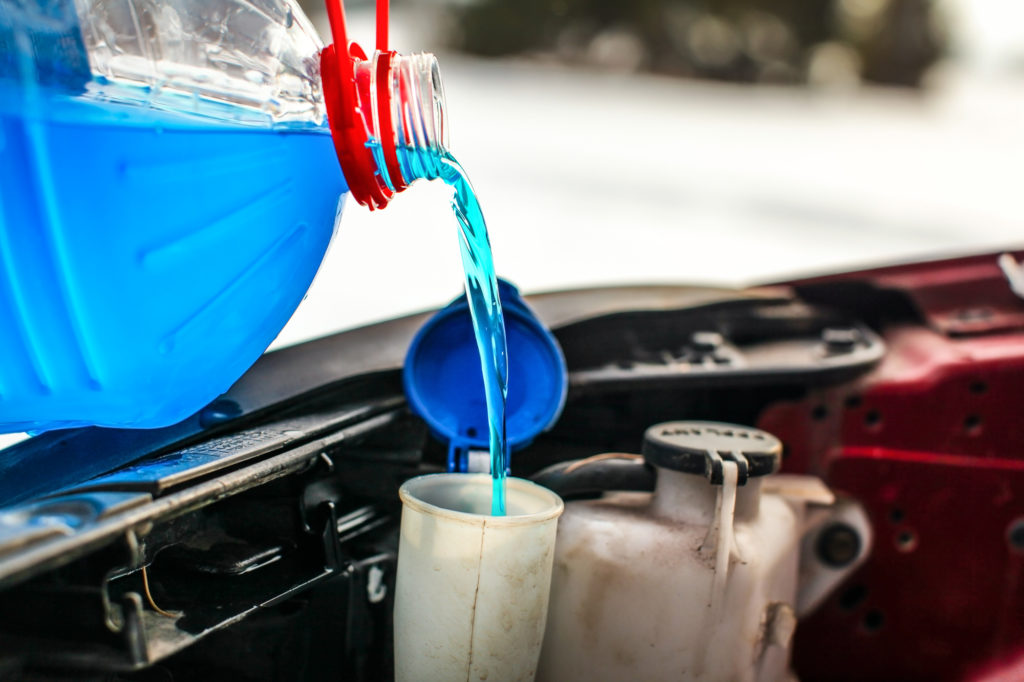
This blog post will answer some of your questions regarding colored coolants. Keep reading.
Contents
Are All Colored Coolants the Same?
The simplest answer is that yes, all colored coolants are the same. They contain the same chemicals, have a similar vapor pressure, and perform similarly in tests. This means different colors do not affect performance in any significant way.
However, some products may use different technologies to affect performance, meaning there’s a bigger difference than color alone.
Coolant Color Meaning
Colored coolants are fluids with special additives that are used in liquids that are dispersed through the engine of an automobile. The additives cause the coolant to have a particular color corresponding to its use.
Some colored coolants have a specific application, and others have multiple uses. For example, red coolant is used for engines that require cooling at idle speeds and low temperatures. In contrast, blue coolant is used exclusively for engines with a turbocharger or supercharger, as they need to be cooled at high intensities during cold start-ups.
Can You Mix Different Brands of Antifreeze?
Antifreeze is a liquid that helps protect your engine so it will not freeze. It also keeps your water pump and radiator cool, making your car run in colder weather.
Can You Mix Same Color Coolants?
Come companies say you cannot mix specific colors of coolant. For example, PPG says that their blue coolant is incompatible with their orange coolant. However, they also mention what colors you can mix. So always double-check with the manufacturer before mixing your antifreeze.
Can You Mix Red and Green Coolant?
Yes. Although, if you don’t use coolant-containing dye, you may not be able to tell at the time. Both substances will have to have about the same freezing point for mixing coolants to be safe. For that reason, it’s better just to use one coolant color at a time.
Can You Mix Red and Orange Antifreeze?
No. Different types of antifreeze need to be used in different types of engines because of how they work. Every kind of antifreeze works differently to keep things running smoothly in your engine.
Mixing them up can cause all sorts of issues. For example, red antifreeze is made of a special blend of pure antifreeze designed for engines with aluminum water jackets. In contrast, orange antifreeze comprises a special blend of antifreeze designed to work within your engine.
The problem you run into when mixing different types of antifreeze is freezing-point depression (FPD). Different types of antifreeze will have different ethylene glycol levels, meaning they will have different freezing points.
If you mix two types of antifreeze with different levels of ethylene glycol, you’ll be changing the freezing point. Depending on your engine’s needs, this could have adverse effects.
Can You Mix Blue and Green Coolant?
Yes, but you have to ensure they are the same brand and type and are the right kind for your engine. If they’re not, it could lead to engine corrosion. If you’re unsure what type of coolant your engine requires, contact a professional.
Can You Mix Green and Yellow Antifreeze?
No. Mixing these two coolant types would result in a blue-colored solution that could lead to corrosion of the cooling system or even damage the engine.
The first thing you must determine before mixing coolant solutions is what type. Green antifreeze is commonly used for your vehicle’s A/C. Yellow antifreeze is used for snowmobiles engines and water pumps. The chemical composition of the two different solutions is different, which can lead to more damage.
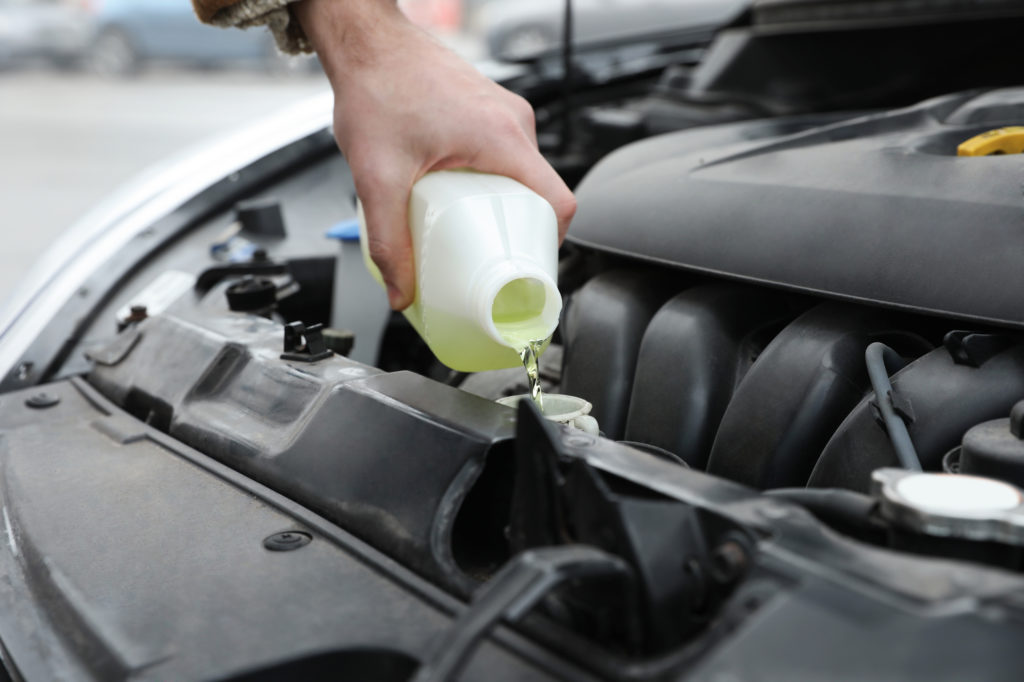
Can You Mix Pink and Blue Antifreeze?
No. While pink antifreeze typically contains propylene glycol, blue antifreeze typically contains ethylene glycol. And if you mix up the two, you’ll have a very cool-looking but useless and unattractive mixture called “pink slime.”
Both substances are water-based and will mix to form a thin solution. They have different molecular weights, which means they have different densities.
Can You Mix Pink and Orange Antifreeze?
Yes. Both pink and orange antifreeze contain ethylene glycol to keep your engine at the perfect temperature. However, you have to get the measurements of the mix right. So, it would be best to let an expert mix pink and orange antifreeze to avoid damaging your engine.
Can You Mix Coolant and Water?
It depends on the type of water you’re using. Many coolants require you to mix in water before using them, but you shouldn’t use particular kinds of water.
You can’t mix coolant with tap water. Tap water has a lot of minerals that will lead to deposits in your radiator and water pump. These deposits will eventually cause your engine to overheat, leading to a cracked head gasket and warped cylinders. What’s worse, you may need to replace your water pump altogether. So, steer clear of tap water to avoid costly repairs.
Distilled water is sometimes used, but you should avoid this as well. While distillation removes most minerals from water, the water itself can strip your engine if used repeatedly.
Softened water is the only type of water you can mix with coolant safely.
If you have already mixed coolant with tap or distilled water, change the fluid as soon as possible with only fresh coolant, preferably at a certified service center.
What Coolant Should Not be Mixed?
While it’s a good idea not to mix coolants at all, never mix pink with blue coolant, red with orange, or green with yellow. Making this mistake will also cost you a lot of money as you either need to flush or replace the cooling system.
What To Do if You Mix Coolants?
If you mix coolants, you should immediately stop your car, park safely, and call for emergency help. Once you are not driving, it is important to do a few things to avoid the chance of an explosion. Turn off any air conditioning immediately or risk overcooling the engine, which could cause a coolant leak that causes an explosion. Always use the coolant type recommended for your vehicle, as mixing may cause engine damage.

